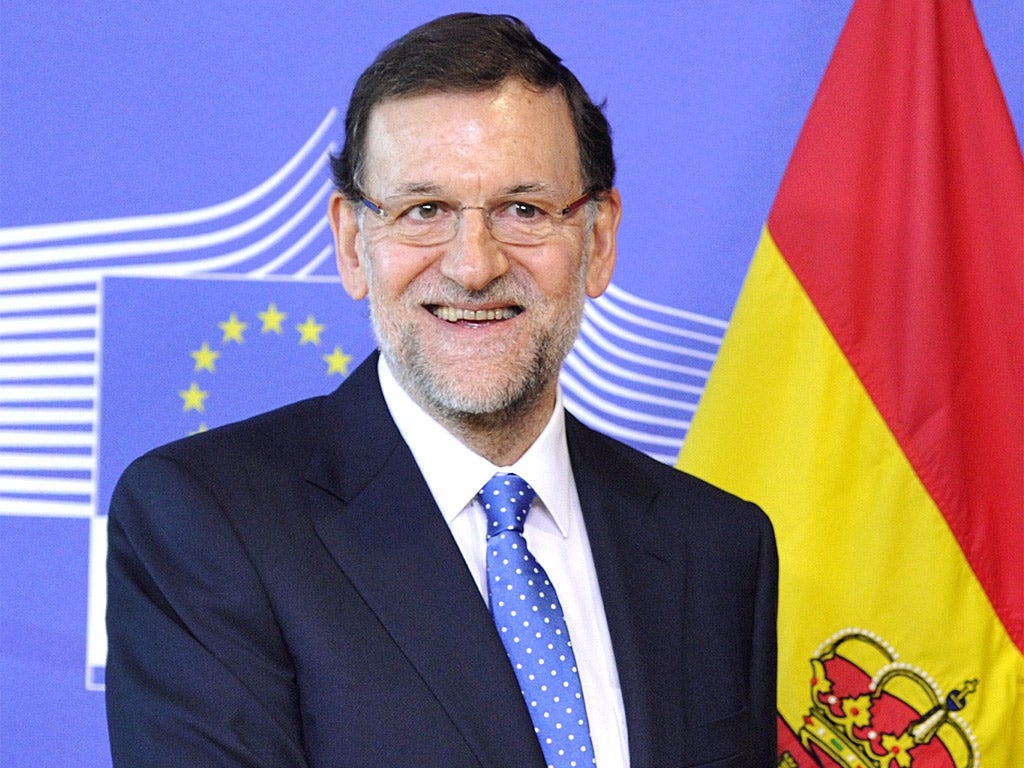‘There’s no money for school lunches, but there is some for gin and tonics’: Spanish MPs abolish subsidised alcoholic drinks in parliament bars after public outcry

Your support helps us to tell the story
From reproductive rights to climate change to Big Tech, The Independent is on the ground when the story is developing. Whether it's investigating the financials of Elon Musk's pro-Trump PAC or producing our latest documentary, 'The A Word', which shines a light on the American women fighting for reproductive rights, we know how important it is to parse out the facts from the messaging.
At such a critical moment in US history, we need reporters on the ground. Your donation allows us to keep sending journalists to speak to both sides of the story.
The Independent is trusted by Americans across the entire political spectrum. And unlike many other quality news outlets, we choose not to lock Americans out of our reporting and analysis with paywalls. We believe quality journalism should be available to everyone, paid for by those who can afford it.
Your support makes all the difference.Gin and tonics at €3.45 (£2.94), seven-year-old rum and coke at €6.85, and beer at 95 cents a glass might sound reminiscent of a happy hour price list. Spain’s MPs may be in search of some new watering holes, however, after the country’s main political parties put an abrupt end to most subsidised alcoholic drinks in the parliament’s nine different bars and cafeterias.
Public outrage began to mount last week when it emerged that the country’s recession-hit taxpayers were footing food and drink bills in the parliament for nearly €900,000 a year. The government, led by prime minister Mariano Rajoy, has raised taxes and cut spending on schools and hospitals.
“There’s no money for school lunches but there is for gin,” one El País reader, Maite Estrada Salvador, wrote in a letter to the Spanish newspaper.
The ensuing public scandal was such that an all-party MP committee unanimously agreed to wipe out the subsidies for fortified alcoholic drinks. “It makes citizens upset, and they are right, so the leadership has decided to change it,” said Alfonso Alonso, head of the ruling People’s Party in the Spanish parliament.
But the MPs will have been glad to hear there will no change to the prices for beer – available at roughly half the price charged in nearby high street bars – or Rioja wine, which at €1.50 inside parliament costs around 75 per cent its normal per-glass charge.
Those worried they might be in danger of dozing off in debates can also rest easy – traditionally strong Spanish coffee will remain at a price of 85 cents a cup, 50 per cent less than normal. Other prices, in any case, sound closer to usual: €9 for a set three-course menu is only a little less than run-of-the-mill restaurant charges in the same area of central Madrid.
While prices for fortified alcohol will now be set by the company responsible for parliamentary catering, defenders of the parliament’s cheap prices have pointed out that the prices are accessible to all workers and users of the building, not just MPs. Spanish bar staff have claimed that little alcohol is actually consumed, and almost no hard liquor.
The drinks scandal has done little to improve the already tarnished image of politicians in Spain, named in a poll today as one of the country’s four biggest problems together with the economy, unemployment and general corruption and fraud. In an earlier survey of Spain’s public institutions, politicians have been given a 93 per cent disapproval rating.
Some voters were upset to discover their MPs received free iPads, transport cards and mobile phones to help them with their work when elected.
Earlier this week, 68 per cent of Spaniards condemned the government’s overall performance in another survey and 70 per cent said the main opposition Socialist Party was equally ineffective.
Join our commenting forum
Join thought-provoking conversations, follow other Independent readers and see their replies
Comments